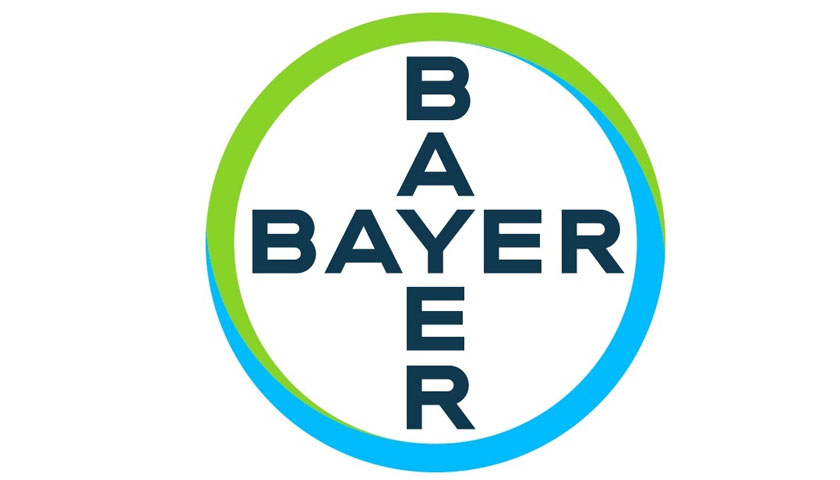Bayer announces the launch of Test Your Cancer, a global educational campaign that harnesses the creative power of imagination to help cancer patients better understand that genomic cancer testing is a crucial step in a diagnosis, painting a more precise picture of a person’s individual cancer
Only 25 percent of cancer patients and caregivers report discussing genomic cancer testing with their doctor. The results of genomic cancer testing can identify changes in DNA, known as genomic alterations, within cancer cells that determine how a tumor behaves or why it grows. Studies show that 30-49 percent of patients who undergo genomic cancer testing have an alteration that can be matched with approved or investigational treatments.2
Cancer diagnoses have traditionally been associated with the tumor location. In the age of precision medicine, physicians now have more information, made available through genomic cancer testing that may change a patient’s treatment journey. One example is Bryce Olson, a national advocate and cancer survivor, who is supporting Bayer’s educational launch by sharing his story. At 44 years old, Olson was diagnosed with advanced cancer. He faced a poor prognosis and started to lose hope. Then he learned about genomic cancer testing.
“The moment I learned about the role of genomic cancer testing in precision medicine, I demanded it for myself and that action transformed my cancer story; it’s the reason I’m still alive today,” said Olson. “My advice to any patient facing a cancer diagnosis; get your cancer tested genomically and see what’s driving your specific cancer.”
For cancer patients, it is important to understand the differences between genomic cancer testing and genetic testing. For example, a genomic cancer test can be useful to understand what is causing a patient’s tumor to grow and spread, while a genetic test helps identify inherited gene mutations that pose an increased risk of having cancer.4
Patients living with cancer are central to this campaign as they talk about how genomic cancer testing helped them see the real picture. The initiative also provides educational content to guide patients during conversations with their doctors (http://www.testyourcancer.com/). Anyone touched by cancer is encouraged to join the movement by sharing the videos, website content, and using the hashtag #TestYourCancer on social media.
“Genomic cancer testing allows physicians to create a more individualized treatment plan for the patient based on their cancer,” said Robert LaCaze, Member of the Executive Committee of Bayer’s Pharmaceuticals Division and Head of the Oncology Strategic Business Unit at Bayer. “During this important time when innovation in cancer treatment is rapidly evolving, Bayer is encouraging genomic cancer testing from the start of a diagnosis, in order to make well-informed treatment decisions based on the patient’s cancer.”
The Test Your Cancer campaign makes available a suite of educational materials including a brochure, patient-doctor discussion guide, fact sheet describing what occurs during a genomic cancer test, and an infographic explaining how genomic cancer testing differs from genetic testing.
About Genomic Cancer Testing
It
is important for patients diagnosed with cancer to discuss genomic
cancer testing with their doctor. Genomic cancer testing personalizes
cancer care. It paints a more precise picture of individual cancers by
identifying DNA alterations, or changes, within cancer cells that
determine how a tumor behaves or why it grows.6 Genomic
cancer testing may help doctors match patients to approved or
investigational therapies based on the specific alteration identified.
Visit www.TestYourCancer.com to learn more about genomic cancer testing.


